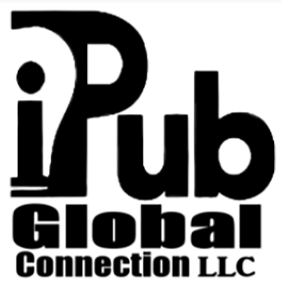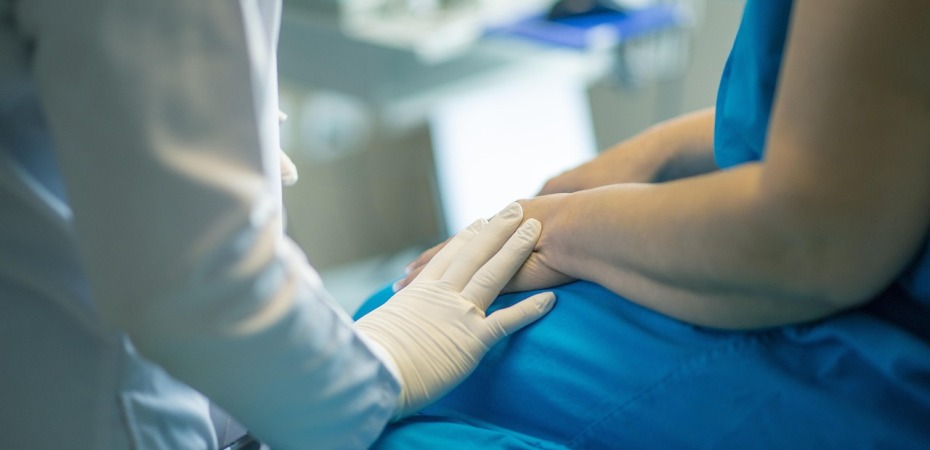Opinion
By Rabbi A. James Rudin
Here, I call on religious leaders and members to frame the state of healthcare in the United States within the context of their faith.
The horrific COVID pandemic exposed an ugly truth about our nation’s medical system.
The lethal plague shattered the quality of life for all Americans, but it also revealed an unfair, fractured health system that does not always provide equal access to effective medical services. The deadly pandemic underscored the urgent need for such high-quality universal health care.
It is an imperative that rests on three fundamental principles. First, as Americans, we envision ourselves as a decent and compassionate society rooted in profound religious beliefs about the sanctity of life. Second, given the special nature of health care, it is an absolute requirement to foster and protect human life, especially the young, the infirm, and the elderly. Finally, society’s obligation is based on the self-evident fact that a healthy population enhances the spiritual, economic, and political strength of a nation.
Religiously committed people must understand that universal access to health care is not a luxury; it is, rather, an essential component of a just society.
I well understand that a national commitment to universal health care involves enormous financial resources, extraordinarily talented people, and remarkable technology. COVID’s many victims taught us that excellent health care cannot be bought on the cheap or treated as a secondary national priority.
While we spend billions of dollars to protect American “national security,” what about American “health security?”
Religiously committed people need to be aware that several dangerous, often underreported, medical triages are currently taking place within our society that undermine our collective health and wellness. There is “age triage” in which the elderly (however that term is defined) are frequently discriminated against in gaining necessary health care access. The Biblical verse, “Do not cast me out in my old age …” (Psalm 71:9) is important in this context. Should age ever be a factor in gaining comprehensive health care?
“Economic triage” is also widely prevalent. Our religions teach us not to discriminate based on economic status. Unfortunately, the wealthy often receive preferential medical treatment. How should religious communities respond to this form of discriminatory triage?
And “gender triage” is also at work within our vast medical community. Men are generally given better treatment than women. Males are medically “studied” much more often than females. This is particularly true in cases of heart and respiratory diseases.
Leaders of our religious communities must recognize that access to quality medical care must be more than the ability to pay and understand we cannot settle for inadequate coverage that, while cheaper, is simply unacceptable in our affluent nation.
A universal health system in the United States must address the existing barriers—racial, social, geographic, cultural, ethnic, and religious—that prevent millions, particularly the poor, from accessing quality care. Health care isn’t a luxury; it’s a fundamental human right.
In the rush to adopt new medical treatments, especially experimental ones, the patient’s best interests can be overlooked or downplayed. This is deeply problematic, not just for practical reasons but also due to the fundamental belief that every person’s life is sacred.
A final point: health care discussions and decisions should prioritize the patient’s best interests over those of physicians, nurses, hospital staff, or administrators. Our primary focus must always be the individual patient.
Featured photo credits: Image by fernando zhiminaicela from Pixabay.

